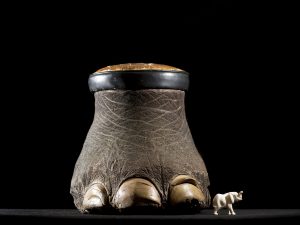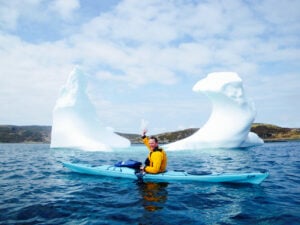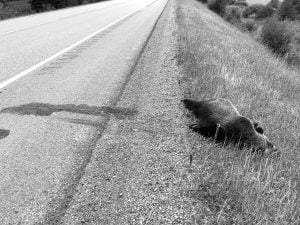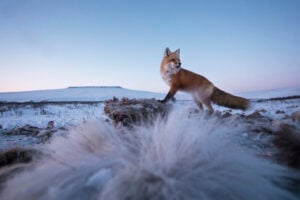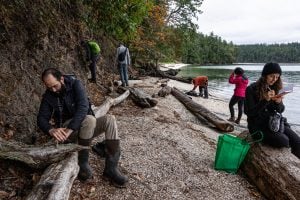The Bucket List is a 2007 film about two men with terminal illness who create a list of things they want to see and do before they kick the bucket. Morgan Freeman brings his trademark gravitas, Jack Nicholson his quirky personality, and armed with unlimited resources thanks to a handy plot device, they embark on a bittersweet journey around the world that will leave many viewers in tears. Film critics were less impressed, giving the film a 41 per cent rotten review on Rotten Tomatoes, calling it “uninspired,” “manipulative,” “lazy and condescending,” and a “garden of schmaltz.” While it failed to blow away the box office or sweep any awards, The Bucket List’s “cereal-packet philosophy” had a more profound impact.
The movie perfectly captured a powerful and universal human desire that transcends age, culture, language, status, or class. We know that everyone, everywhere, feels a pressing urge to accomplish life goals. Thanks to screenwriter Justin Zackham, this urge finally found an unlikely moniker, which quickly spread beyond the screen. In little less than a decade, I could travel from the Arctic to Zanzibar and most people I’d meet knew what a bucket list is. Never underestimate the power of the right corny catchphrase at the right time.
Any self-help book will tell you that identifying your goals is a crucial step in helping you actually achieve them. Simply writing down your dreams can be a positive and meaningful exercise. I ask people what’s on their bucket list all the time, and the replies can be ambitious, silly, whimsical, or as simple as building a garden shed. As with your travel choices, creating a list of life goals is a deeply personal affair, and nobody has the right to judge it. Trying to keep up with Instagrammers, celebrities or neighbours across the street is the fastest way to end up disappointed, bitter, entitled, and deflated. The great irony of our hedonistic rat race is that there are no winners, because we all reach the end, and you can’t take your prizes, accolades or experiences with you.
During their ambitious journey, Nicholson and Freeman realize there’s more to ticking off one’s dreams than they’d initially anticipated. Along with the audience, they learn that a bucket list must include the quality of the people we connect with; the positive impact we have on our environment; the love we give and receive; and the inner peace we discover as a result. Nicholson begrudgingly discovers that “kissing the most beautiful girl in the world” is not about dating supermodels. It’s about having a meaningful connection with his granddaughter.
In my travels to over 100 countries on seven continents, I’ve had the remarkable good fortune to tick off my bucket list professionally. Take it from me: when you fulfill a lifelong dream, no confetti fall from the sky, and nobody gets a congratulatory street parade. You do that thing you’ve always wanted to do, and voila, there you are. Accomplished, elated … and already thinking about your next dream. Bucket lists are like whack-a-mole: tick one item off the top and three more pop up at the bottom.
